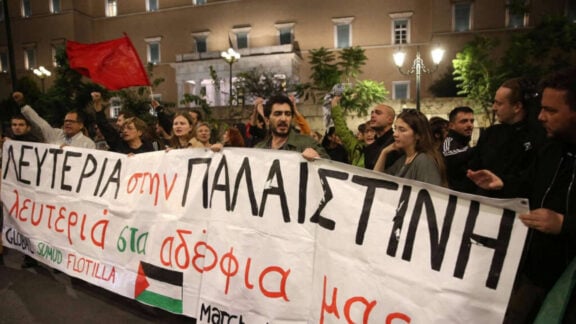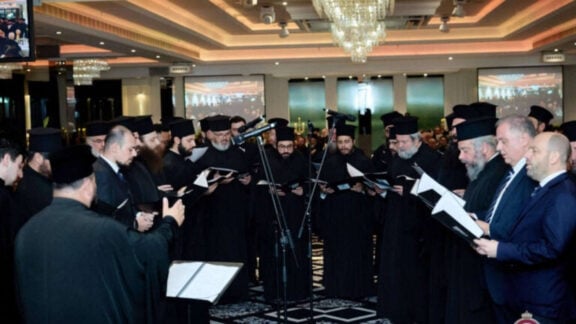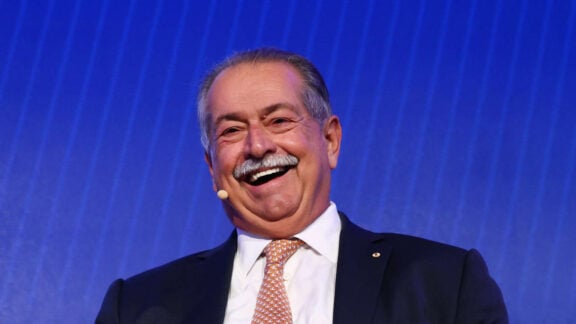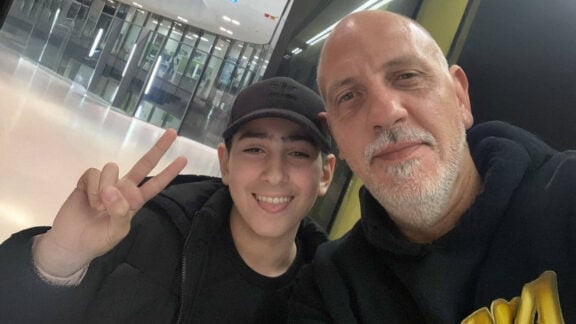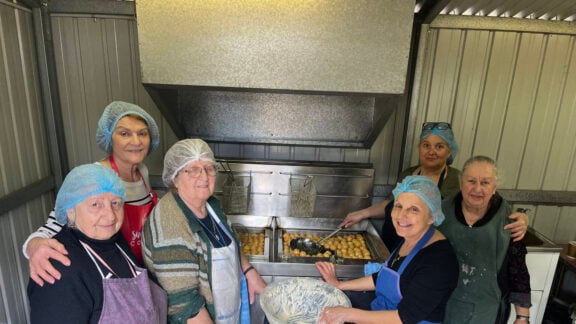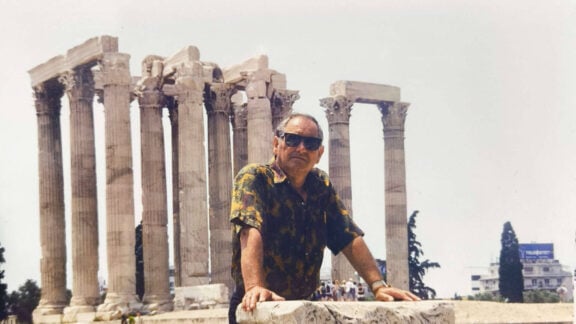A passionate plea was extended by leading Greek community figures in favour of the Yes vote in the upcoming referendum at an event in which Federal Minister Linda Burney claimed strongly that the Yes vote will unite the country.
The Greek Orthodox Community (GOC) of NSW held a Public Forum on the Voice on Thursday evening, hosted at the Cyprus Community Club of NSW in Stanmore.
The event featured six different speakers who all spoke on their opinion for the Voice, headlined by the Federal Minister for Indigenous Australians, Linda Burney.
Ms Burney addressed some of the reasons she has heard individuals give for not voting Yes, labelling them untruths.
“People have said to me ‘if the Voice is successful, then my rates will go up. There will be a new land tax, I will lose my home’…It is not true,” the member for Barton said in her speech.
Ms Burney, who has had maintained strong links with the Greek community in her roles as the member for Barton and formerly as the state member for Canterbury, explained that the Voice is about recognition, truth and unity, noting that it will bring us closer together closer as Australians.
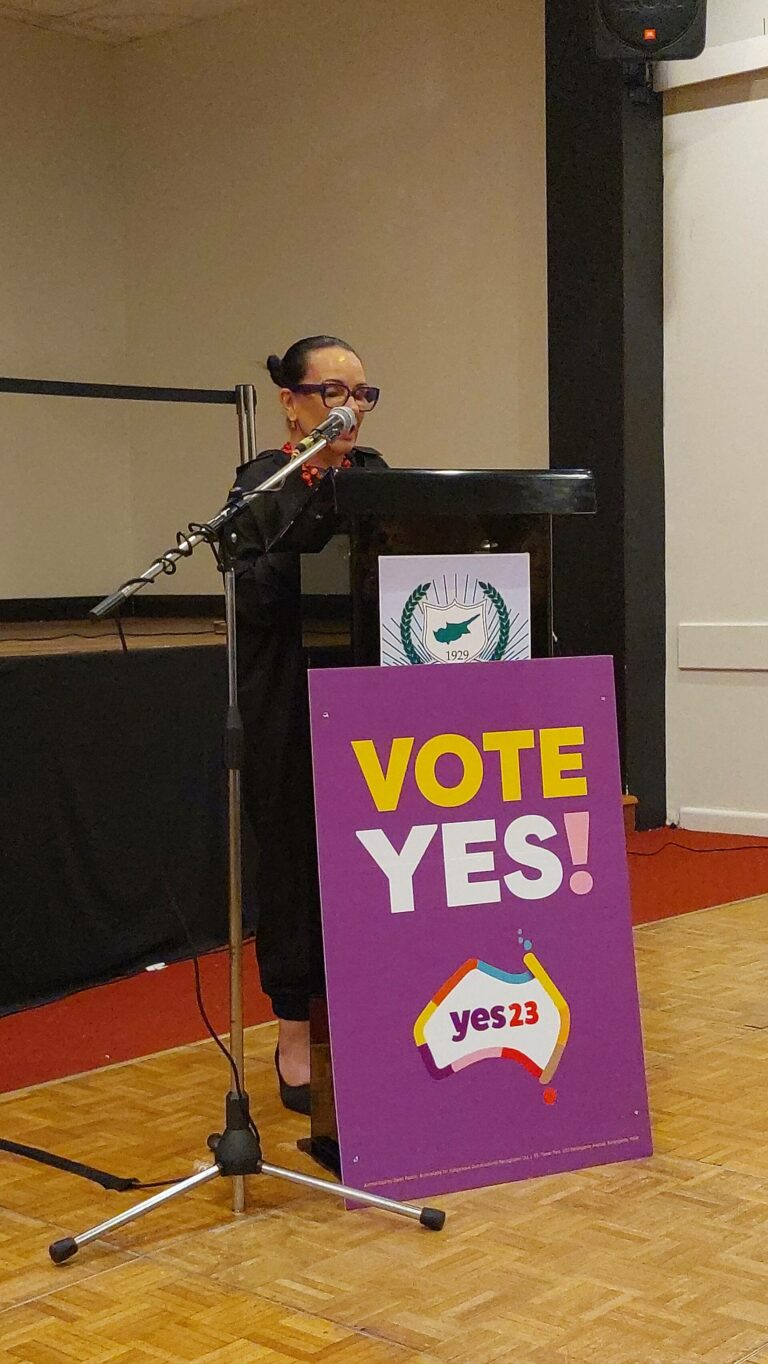
“It is about recognition of the long, amazing history of this country and that is not just my history as an Aboriginal person, it is your history as well. We share a nation of 65, 000 years. That is what will unify us and bring us together,” she said.
“By having an Aboriginal advisory body to the parliament, it will make sure our voices are heard. What that will all do is lead to better outcomes.”
She went on to describe the various disadvantages Aboriginal and Torres Strait Islander communities can face, one being water polluted by chemicals or even uranium that makes it unsafe to drink, bathe and wash clothes in, stressing that “this is not right in a country like ours”.
She concluded her speech by saying “language is the mirror to the soul, and it is through things like the Voice and recognition that we can see our soul again”.
Angelo Gavrielatos, the President of the NSW Teachers Federation, called the Voice an opportunity to “correct a big, historical wrong”.
Mr Gavrielatos brought up Prime Minister Anthony Albanese’s description of the Constitution as a country’s birth certificate, stating Australia’s one has yet to be finished.
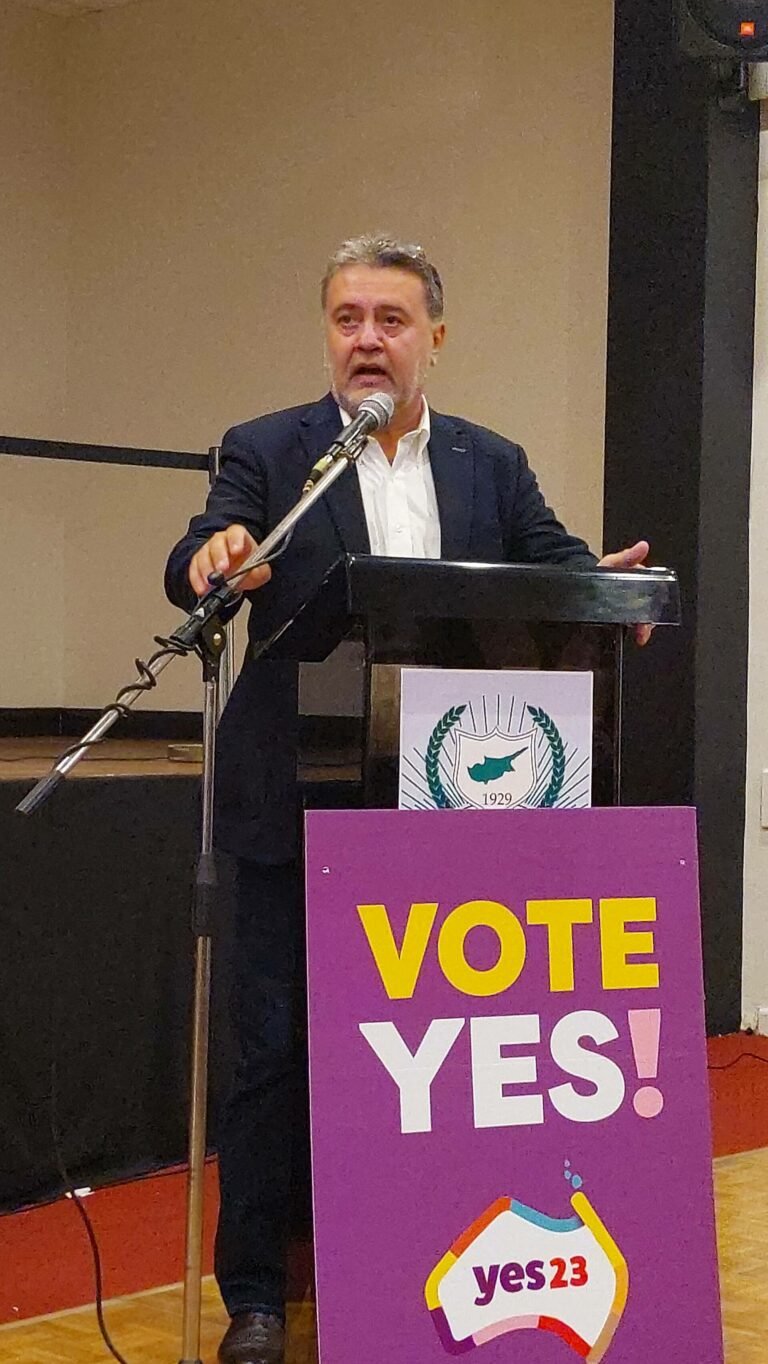
“Our (Australia’s) birth certificate is incomplete because it does not mention anywhere there was a peoples already in this place for 65,000 years before white man came,” he said.
He labelled it as “unfinished business” and that this referendum offers a chance to correct the Constitution and show recognition in the form of a Voice to Parliament.
The NSW Teachers Federation President spoke on key values instilled in him by his parents and the Greek community in his youth (sense of history, truth, justice-δικαιοσύνη) and that, if you consider these values, then there is only one answer: vote Yes.
He also stressed his concern about the psychological and mental effect a No outcome would have on young Indigenous Australians.
“I fear the impact it would have on our Aboriginal and Torres Strait Islander brothers and sisters to have been delegitimised,” Mr Gavrielatos said.
“The whole day is about being recognised and then for people to say ‘No, we don’t recognise you’, I fear how this would impact the nation as a whole but also specifically them.”
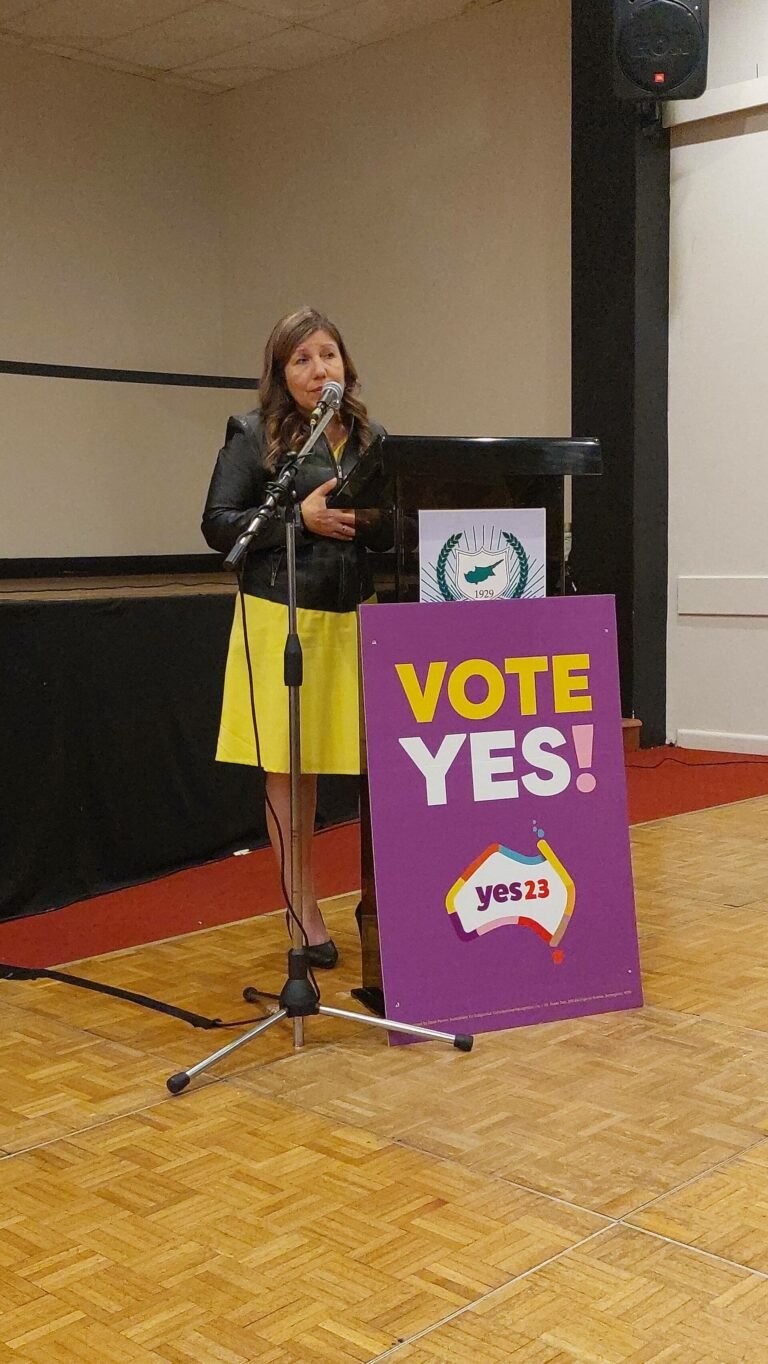
Sophie Cotsis, the NSW Minister for Industrial Relations and Minister for Work Health and Safety, expressed her belief that the issue has been overcomplicated and comes down to two things.
“Firstly, it is about recognising our Indigenous brothers and sisters in the Constitution because they’ve been here for 65, 000 years. Secondly, it’s about listening to what our Indigenous brothers and sisters are saying,” Ms Cotsis said.
Andrew Costa, the President of the Cyprus Community of NSW, gave his own, personal take on his decision to vote Yes which is motivated by his own lived experience, recounting his involvement in the anti-apartheid protests when South Africa’s Rugby team came to Australia in 1971.
He remarked that the disadvantages that Aboriginal and Torres Strait Islander peoples face indicate the necessity for action like the proposed Voice to Parliament.
“When I look at the poor health conditions, the poor housing, the job opportunities of the Indigenous populations, then I’m for it. Let’s make a start. If this is a beginning, it may not be the solution, but how can we say no to this beginning?” Mr Costa said in his speech.
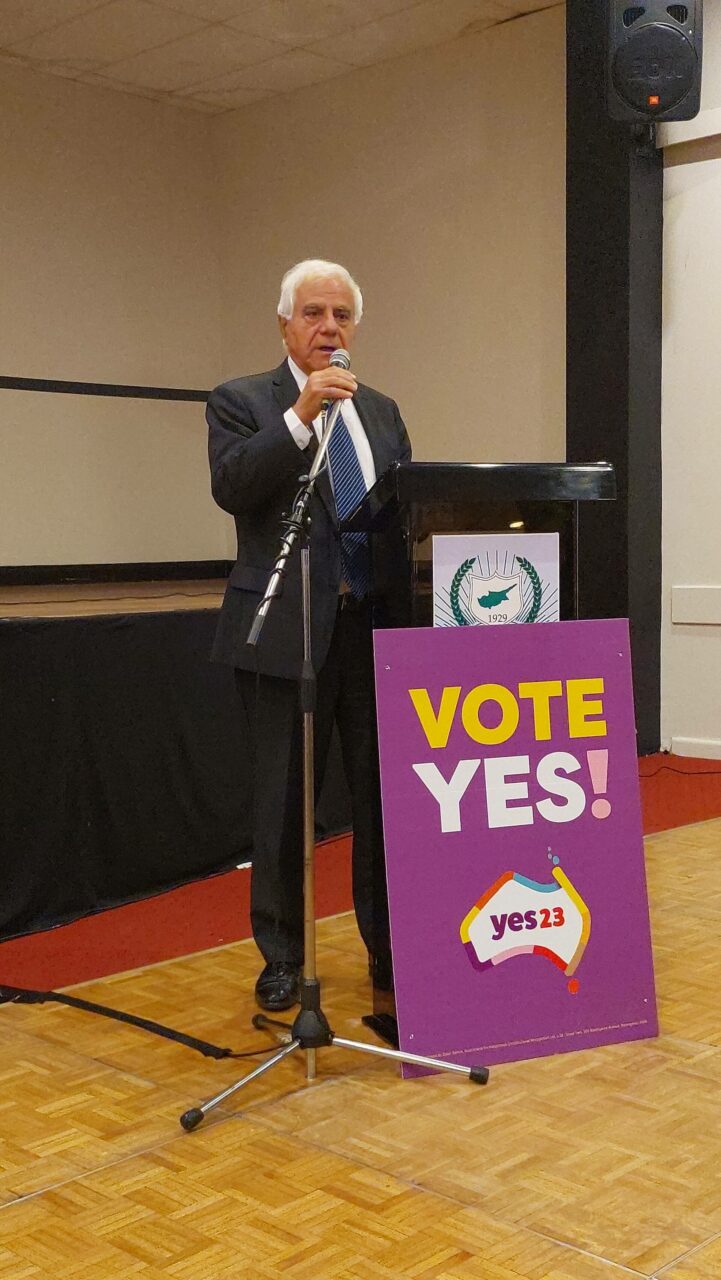
GOC President Harry Danalis.
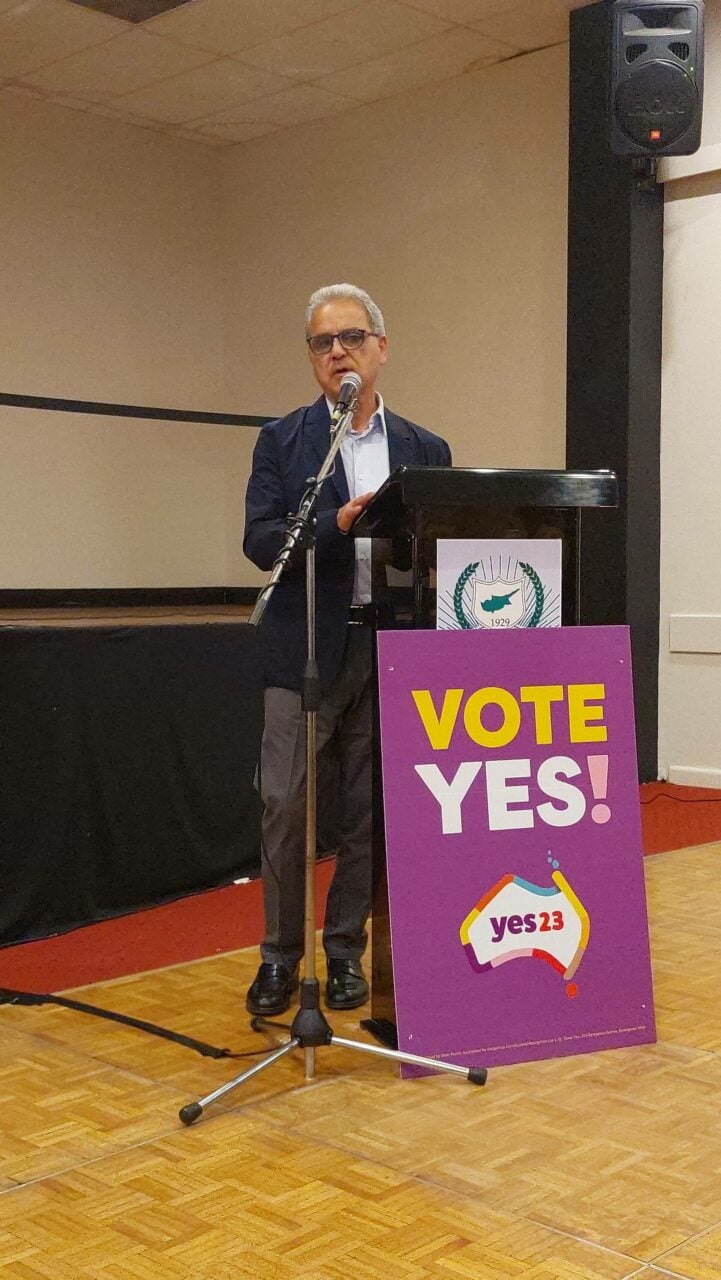
Andrew Costa.
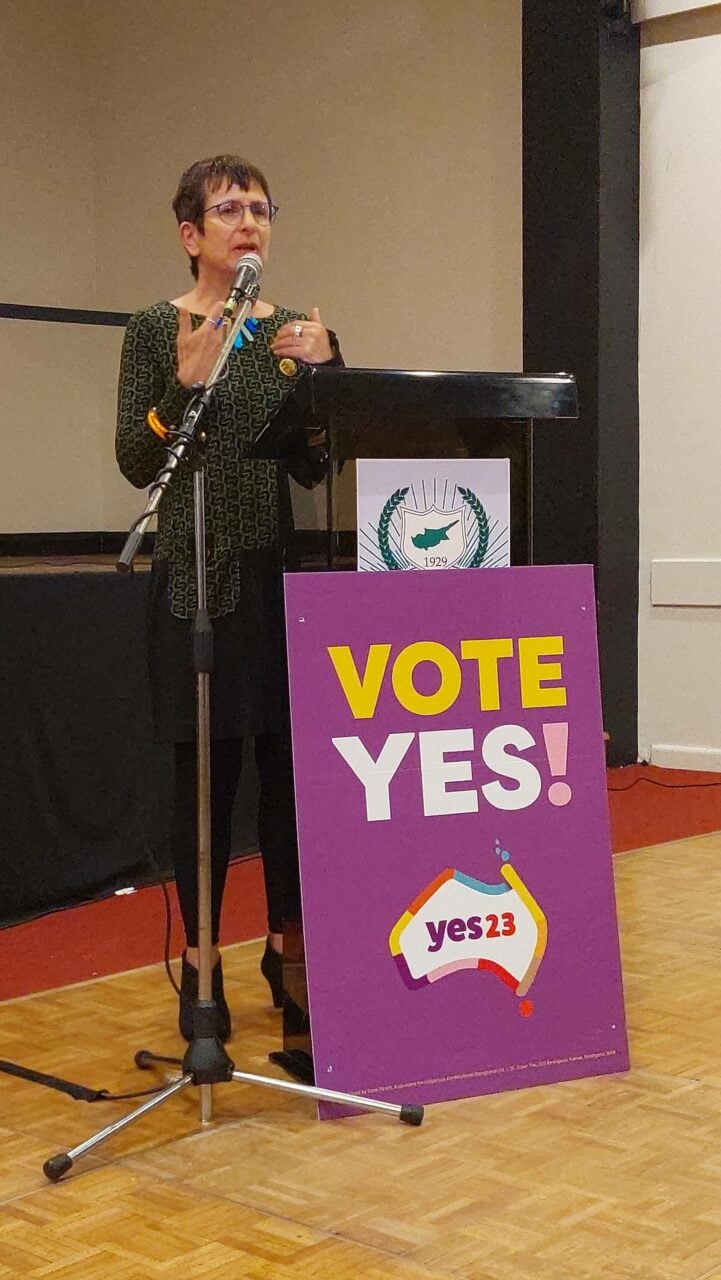
Kay Pavlou.
Harry Danalis, the NSW GOC President, stated that the GOC is supporting the Yes vote, saying it is a “humanitarian issue and it’s an issue of human rights”.
He pointed out that similar bodies to the one proposed in this referendum have helped the Indigenous peoples of other nations improve their conditions.
“Overseas, where such steps have been taken and Indigenous populations have been given a voice so they can make their own proposals, programs and initiatives, it’s shown that these are much more effective than merely having solutions imposed from above,” Mr Danalis said.
Kay Pavlou, an award-winning director of documentary and drama who is Australian-born to Cypriot parents, noted that “the Voice is a way Aboriginal people can express what is important to them, their religion, their children, their health”, with them able to speak from their own experience.
Ms Pavlou emphasised that their voice is difficult to hear, owing to them only representing three per cent of the population, and that the other 97 per cent “have to be with them and have to walk with them”.
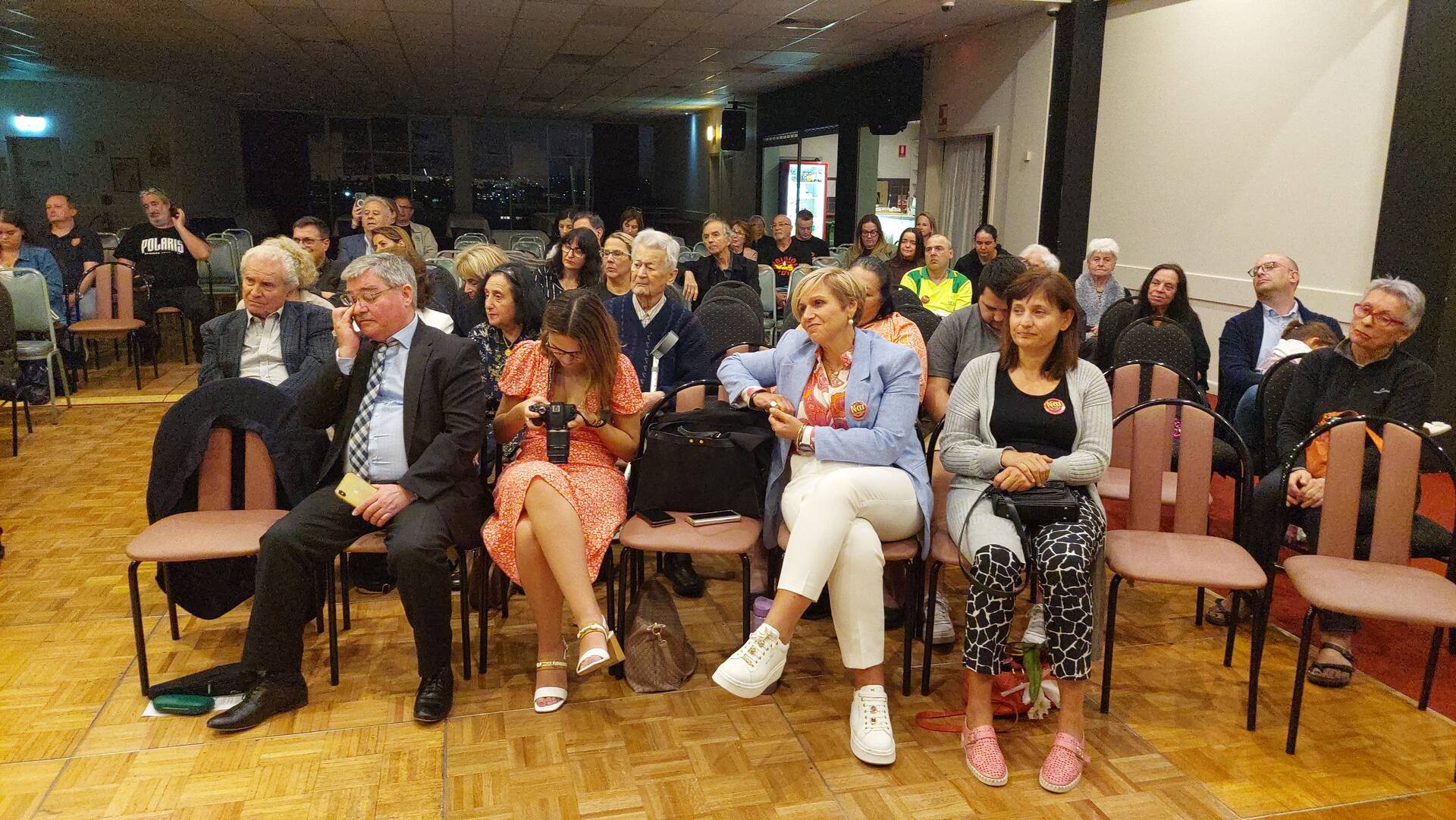
The event concluded with a Q&A session wherein guests were able to ask questions regarding the upcoming referendum.

